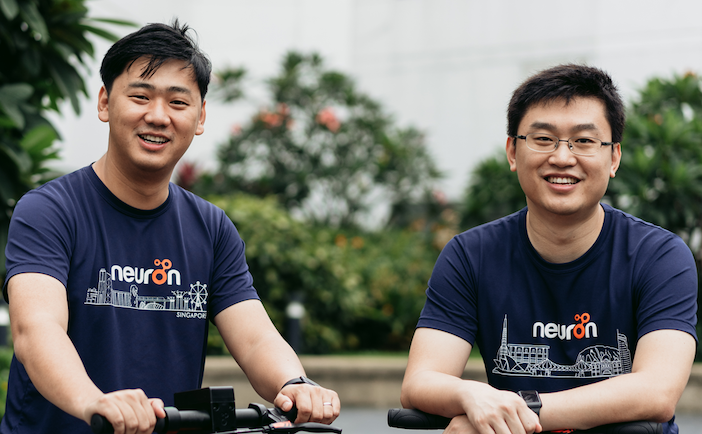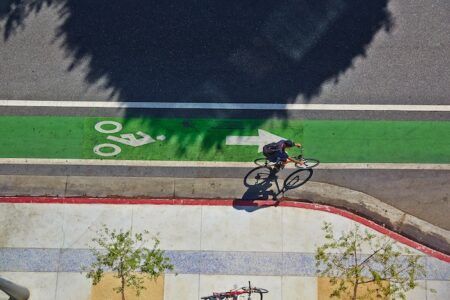Neuron Mobility, one of Australia and New Zealand’s leading electric scooter rental operators, has announced that it has successfully raised a further USD$12 million in Series A+ investment, as consumers across the world are realising the potential of e-scooters as a safe, convenient and socially-distanced transport option during the Covid-19 pandemic.
The investment, led by Australian venture capital firm, Square Peg, along with GSR Ventures, brings the Singapore-headquartered company’s total Series A funding to USD$30.5 million. The fresh capital puts the company in a strong position to accelerate international expansion, particularly in Australia and New Zealand post Covid-19, and to maintain industry leadership when it comes to innovation and safety.
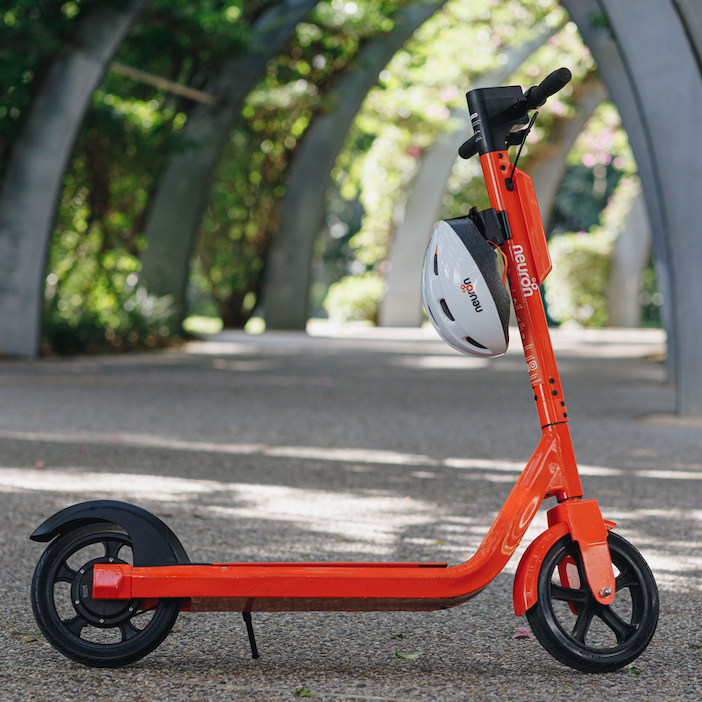
Neuron has partnered with councils across Australia and New Zealand to operate in nine locations including Adelaide, Brisbane, Darwin, Canberra, Townsville and Auckland. The company aims to build on this further by expanding into at least five new cities across the region within the next 12 months. This will see the creation of around 400 jobs which will be split between Australia and New Zealand as well as its headquarters in Singapore. Outside of the region, the company has announced a launch in Slough, the first UK location amongst a number that the company will be operating in before the end of the year.
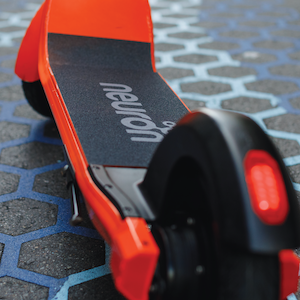
During the Covid-19 lockdown in Australia, Neuron reported that one in five users had never ridden an e-scooter before, and since then many have actively chosen to change their travel habits. Increasingly concerned with social distancing, Australian and New Zealand riders have increased their average e-scooter trip distance by 23% to 2.6km, while the average duration has risen by 10% to more than 14 minutes.
Zachary Wang, Neuron Mobility’s CEO, says: “Cities across the world are rethinking their transport systems and increasingly people are looking for a safe, inexpensive and socially-distanced way to travel post Covid-19. This presents a great opportunity for micromobility providers. Our experience of operating in Australia and New Zealand, combined with fresh funding, will help us accelerate our growth across the region and beyond.
“Our approach has always been to partner with cities and to adapt to meet their needs – this has led to quite a few world firsts and innovations. We strive to lead the industry when it comes to safety and sustainable operations – we’ve a whole host of exciting new features in the pipeline that we’ll be rolling out soon.
“Cities are increasingly open to micromobility — in the last two weeks we have opened in Canberra and Townsville in Australia, and have announced our first location in the UK — the time is right to export our knowhow to new cities across the globe.”
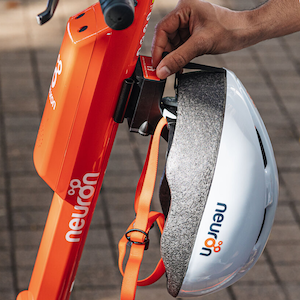
Neuron’s industry-leading e-scooters are built specifically for renting and rider safety. The company was the first to implement a full suite of geofencing, allowing councils to better control where and how fast e-scooters can be ridden. Neuron’s e-scooters were also the first to feature interchangeable batteries for greener operations. They were the first to integrate voice guidance to educate users to ride safely. Neuron also launched the world’s first app-controlled helmet lock, which secures a safety helmet to the e-scooters between trips for the benefit of safety-conscious riders.
Neuron has introduced a range of other innovations including a topple detection feature that can detect if an e-scooter has been left on its side which then alerts an operations team to reposition it safely; an emergency button which can tell if someone has had a fall and helps the rider call the emergency services; and, a “Follow my Ride” feature allows the rider’s friends and family to track an e-scooter trip in real time for added safety and peace of mind.
Since the last funding round in December 2019, Neuron has launched in a further eight cities in Australia and New Zealand and has announced its entry into the UK market. Currently operating a fleet of 4,000 e-scooters, the company’s 400,000 Australian and New Zealand riders have completed close to 2 million trips and 4 million kilometers of city travel.


